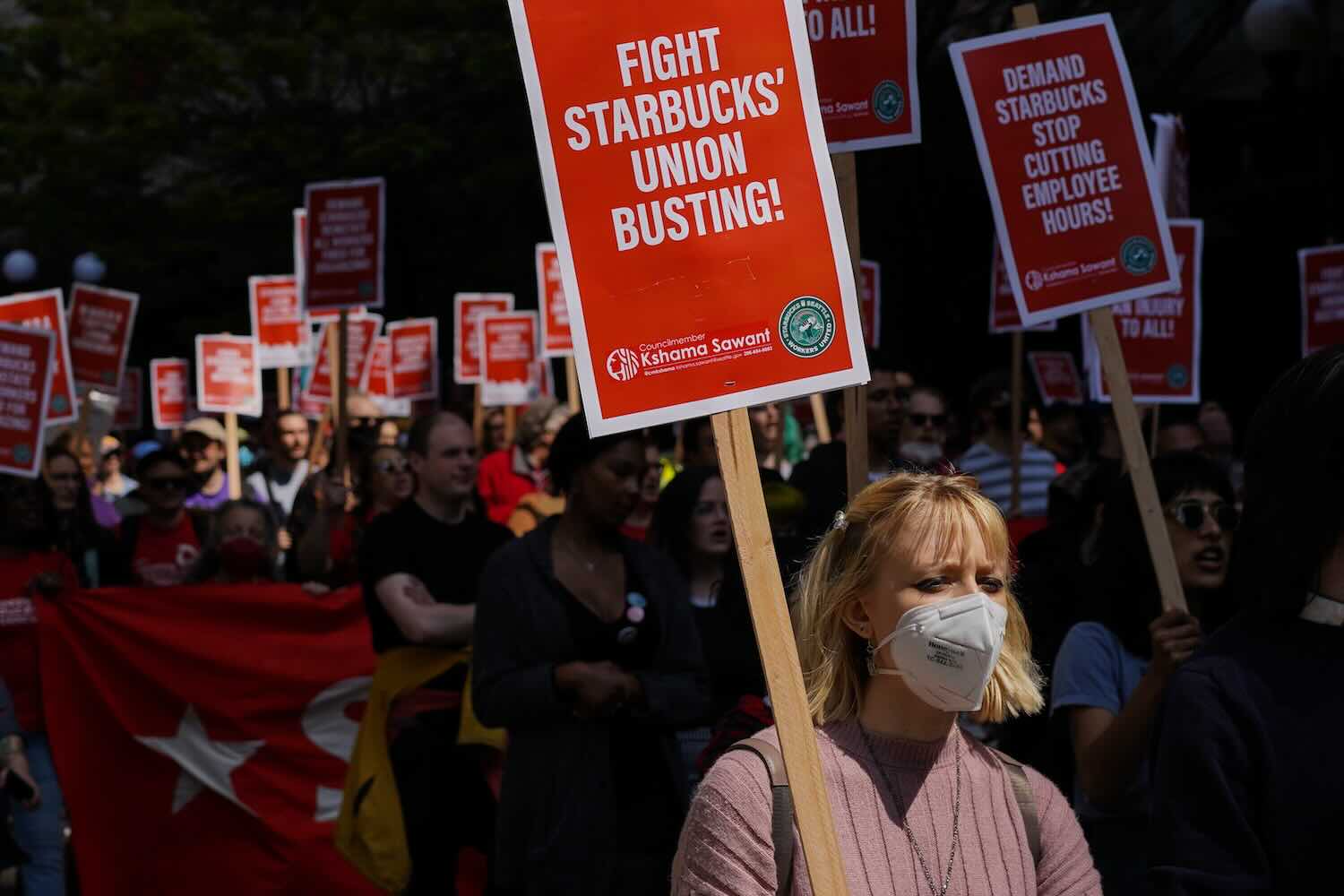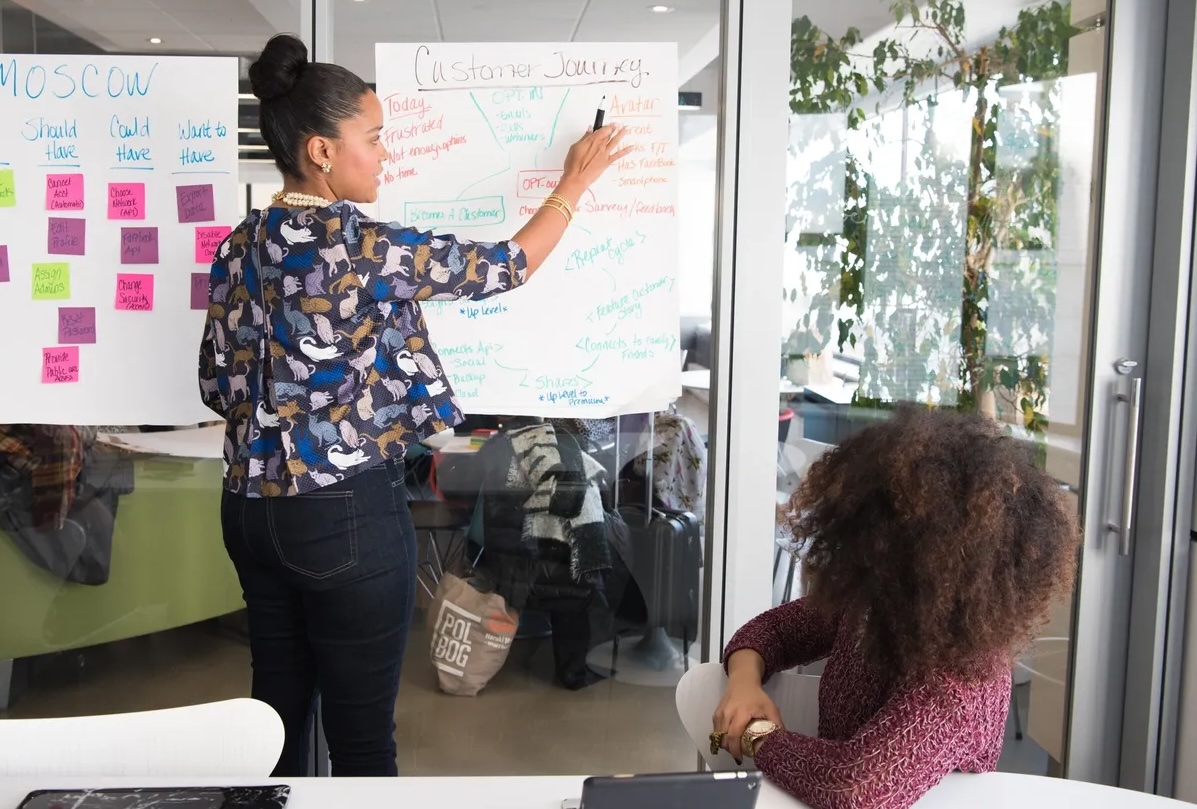TGIF, ImpactAlpha readers!
Who’da thunk it? When President Trump signs the BUILD Act (as expected), he will have presided over two of the biggest expansions in U.S. impact investing in years. The new legislation establishes a more dynamic U.S. development finance institution for overseas investments (see No. 1, below). Last year’s Investing in Opportunities Act is being called “the single biggest tax incentive to invest in low-income communities across America” in 100 years (see No. 4).
Perhaps it’s not surprising that impact investing attracts bipartisan support. For Republicans: capital-gains tax cuts and an expanded role for private capital. For Democrats: promises of large-scale investment in U.S. inner cities and emerging-market economic development. Dare we expect an all-hands-on-deck movement for inclusive and sustainable development, at home and abroad? That should be a parade that leaders of all parties rush to jump in front of. Now that impact investing has some serious money behind it, they just might.
– Dennis Price, editorial director
Featured: The Brief’s Big 10
1. The U.S. is expanding, not eliminating, its development-finance institution. Goodbye, OPIC. Hello, U.S. International Development Finance Corp. The Trump administration, which had put the U.S. development-finance institution on the chopping block, is instead giving it a new name, new tools and an expanded mandate. When President Trump signs the Better Utilization of Investments Leading to Development, or BUILD, act, the agency will have new authority to make equity investments, in addition to loans. Its portfolio could double, to $60 billion. The ‘InDeFiCo’ will be a major player in global impact investing, with catalytic capital that could help draw in private investors. The backstory.
2. The bond market opens to low-income community lenders. Public bond markets are becoming a reliable new source of capital for community development financial institutions that lend to low-income communities. A successful $76 million offering by the Reinvestment Fund, a nationwide CDFI based in Philadelphia, pushed total capital raised through four such general-obligation bond offerings since last year to more than $350 million. Reinvestment Fund itself raised $50 million in one of the first such bond offerings last year, lowering its cost of capital. “The demand for socially responsible outcomes for underinvested communities is strong and unwavering,” said Reinvestment Fund’s Donald Hinkle-Brown. Market transformation.
3. Agent of Impact: Don Hinkle-Brown. For helping turn public bond markets into a reliable new source of capital for lending to childcare centers and charter schools, grocery stores and health clinics, energy efficiency upgrades and small businesses in low-income communities across the U.S….Don Hinkle-Brown is this week’s featured agent of impact. As head of the Reinvestment Fund in Philadelphia, Hinkle-Brown has engineered two successful bond offerings that tapped capital markets for community development financial institutions (that qualify for an S&P rating). “Impact Investing, upon reaching some future critical mass, will make non-impact financing seem needlessly risky, antiquated, and questionable as to its fiscal appropriateness,” Hinkle-Brown said last year when he was named asset manager of the year by the Global Steering Group for Impact Investing. “The ‘prudent man’ will be an impactful man.” Cheers.
4. Reading the signals from applications from 141 potential “Opportunity Fund” managers. “Letters of inquiry came from large corporate banks and managers in small, rural communities, and everything in-between,” writes Rip Rapson, president of the Kresge Foundation, which with the Rockefeller Foundation issued a call for “opportunity fund” managers with inclusive investment theses. “Few managers were able to paint a clear picture of exactly who the actual investors will be, what they’ll be looking for as they consider funds, and what they will expect in terms of return,” Rapson writes on ImpactAlpha. Uncertainty reigns.
5. Investors find fixed-income products that benefit women and girls. Gender-lens investors have a growing choice of strategies in private and public markets. Community Capital Management, for example, which manages more than $2 billion, says it is finding fixed-income gender-lens opportunities in mortgage-backed securities, taxable municipals, and asset-backed securities. The landscape.
- Fund Mujer. IDB Invest, the private financing arm of the Inter-American Development Bank, joined with the Overseas Private Investment Corp. to create a $200 million fund to “narrow the gender financing gap” in Latin America and the Caribbean. More.
6. Goldman Sachs’ JUST index fund brings new scrutiny. An investigative report has taken to task Goldman Sachs, which supervises approximately $1.3 trillion in assets, for its record of proxy voting on shareholder resolutions at companies in its relatively tiny JUST exchange-traded fund. The ETF tracks an index created by the nonprofit JUST Capital, which ranks companies across seven themes like worker pay and well-being, customer treatment and privacy, beneficial products, the environment, job creation and strong communities. The controversy highlights an emerging issue as more mainstream financial institutions stand up “impact” offerings: Can they be held to account for the impact of all of their investments? Hybrid problems.
- More impact ETFs. Beyond Advisors’ new VEGAN ETF tracks the firm’s index that screens out companies based on companies involved in animal testing, animal-derived products, animals used for sport or entertainment, and other more traditional negative screens. Impact ETFs are proliferating.
7. Investors make a pledge toward tobacco-free portfolios. Speaking of negative screens, the nonprofit Tobacco Free Portfolios is pushing tobacco-free finance policies across lending, investment and insurance. The group launched a tobacco-free pledge in partnership with U.N. agencies and financial institutions AXA, BNP Paribas, AMP Capital and Natixis. Organizers say the pledge has support from 130 institutions representing $6.82 trillion in assets. Tobacco is responsible for more than seven million deaths – and rising – each year. Shareholder activism.
8. Deals of the week. Drink from the deal firehose all week long on ImpactAlpha.com. A few that stood out:
- Innovative finance. V.A. tests a social-impact bond aimed at post-traumatic stress… Pay-for-success pilots in Latin America makes the business case for forest conservation.
- Clean energy. Breakthrough Energy Ventures fund makes seven investments… World Bank earmarks $1 billion for better batteries… IIX backs Bangladesh solar mini-grid startup SOLshare.
- Growth markets. LeapFrog Investments backs east African medical distributor Pyramid Group… Origo raises $11 million to finance Indian agribusinesses.
- Well-being. Bridges backs healthy school lunch partnership in the U.K…. Urban-X graduates target city life and infrastructure.
9. Alpbach fundamentals seek to bring clarity to impact investing. The arrival to impact investing of mainstream asset managers has stirred concerns about “impact-washing” – and a boomlet in efforts to establish impact investing “principles.” In a post on ImpactAlpha, Big Society Capital’s Cliff Prior distilled 10 “fundamentals” from a gathering of impact investment leaders at the Alpbach Forum in Austria. Search for clarity.
10. Teaching impact as a second language in business schools. “Impact” is a driving force for innovation in business education, putting professors fluent in both impact and business on the forefront of change. “Even the most curmudgeon or pessimistic business school students leave my class with the feeling that they need to open up their horizons about what they could actually do with their degree,” says Sara Minard, chief program officer at the College for Social Innovation in Boston. The Q&A.
— October 5, 2018.











